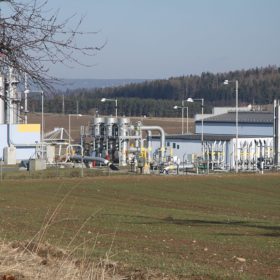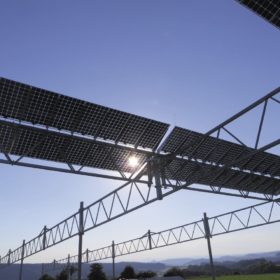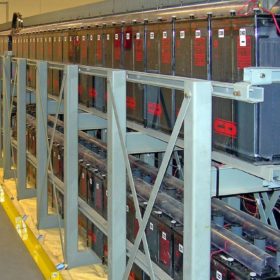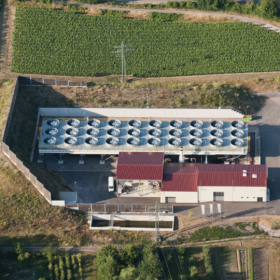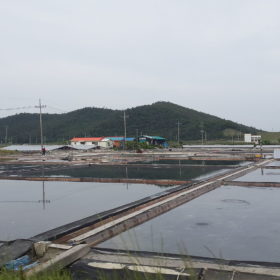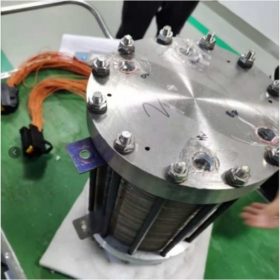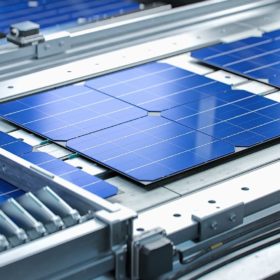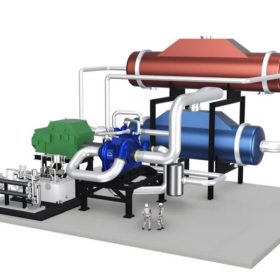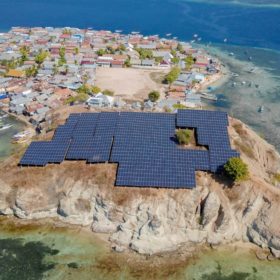Oil and gas reservoirs are cheapest options for underground hydrogen storage
New research from Ireland shows that depleted oil and gas reservoirs may be used to store hydrogen at a cost of US$1.29/kg (AU$1.9/kg). According to the researchers, underground hydrogen storage may benefit from the technological maturity of the geologic storage of natural gas and CO2, which are associated with decades of established knowledge.
New method to evaluate performance, LCOE of elevated agrivoltaics
Scientists in Belgium have developed a way to assess elevated agrivoltaic projects, by calculating key performance indicators such as energy yield and levelized cost of energy (LCOE). They have found that shade-tolerant crops such as potatoes could potentially be paired with around 1,290 GW of PV capacity in Europe.
The real value of energy storage
An international research team has developed a new way to evaluate the economic value of energy storage technologies. They went beyond pure cost assumptions to consider the benefits that such technologies could bring to energy systems.
Enel & Australian company mull lithium mining in Italy
Enel and Vulcan Energy are looking at the potential for lithium mining at a site near Rome.
Construction begins on South Korea’s largest PV project
South Korean utility Kepco is building a 200 MW solar park on a former salt farm. It said the project will be operational by June 2023.
PEM electrolysis coupled with thermal energy storage
Chinese researchers claim to have improved the performance of a proton exchange membrane electrolyser by connecting it to a thermal energy storage system.
IEA warns one-third of global PV manufacturing capacity at risk of bankruptcy
A new report from the International Energy Agency stresses the importance of geographically diversifying the global PV supply chain. This would prevent supply chain vulnerability to bankruptcies and underinvestment.
German consortium plans to build world’s largest heat pump
Basf and Man Energy announced a plan to build a 120 MW renewables-powered heat pump for steam production at an industrial site operated by Basf in the Rhineland-Palatinate region, Germany. The feasibility study for the project should be completed by the end of this year.
Solar cells integrating power electronics
Researchers in the Netherlands investigated the potential for integrating power electronics in solar cells in the form of diodes, transistors, capacitors, and inductors. They believe that this kind of PV cell may initially find applications in PV-powered Internet-of-Things (IoT) devices and later, as the economy of scale kicks in, in large-scale applications.
Solar-plus-storage for Indonesian islands
Indonesian remote islands are increasingly resorting to solar-plus-storage to cover most of their electricity demand. According to new research from LUT University, combining PV with batteries may help islands to cover around 60% of demand with renewable energy.

